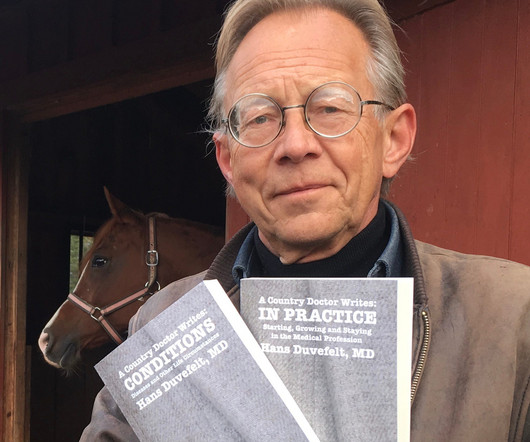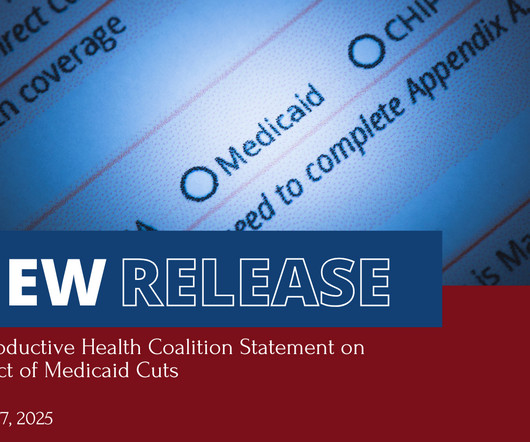“The physician–patient encounter is health care’s choke point” -NEJM
A Country Doctor Writes
JUNE 21, 2025
My take, and extrapolation, is that there are three reasons why healthcare has failed to evolve in usefulness of both our product (the care we deliver) and our technology (our EMRs), our customer centeredness and the value/cost relationship of the services we provide. 1) Healthcare is not at all customer centered.

















Let's personalize your content